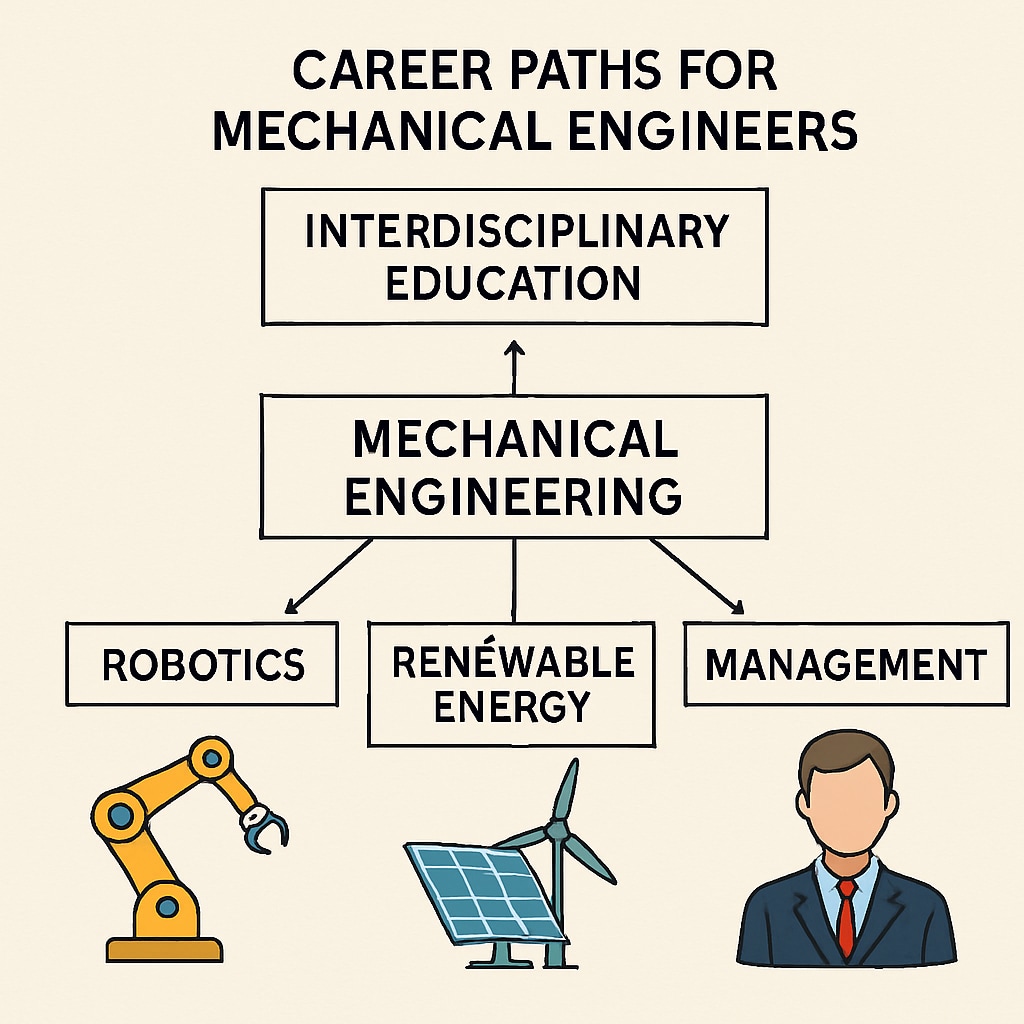In today’s rapidly evolving job market, many mechanical engineering students are considering the possibility of earning an online second degree to expand their career prospects. Combining technical expertise with interdisciplinary skills could provide a competitive edge, but is the investment of time and resources worth it? This article evaluates the value of pursuing an online second degree for mechanical engineers, discussing key benefits, potential challenges, and practical advice for career planning.
Why Pursue an Online Second Degree?
Mechanical engineering is a versatile field, but its core focus on physics, mathematics, and design principles often limits exposure to complementary disciplines. An online second degree in fields such as computer science, business management, or environmental studies can open doors to new opportunities. For example:
- Computer Science: With the growing demand for artificial intelligence (AI) and automation, engineers with programming skills and data analysis expertise are highly sought after.
- Business Management: Understanding financial strategies and organizational behavior can prepare engineers for leadership roles in project management or consultancy.
- Environmental Studies: Sustainability-focused industries require engineers who can design eco-friendly systems and analyze environmental impact.
Moreover, online programs often provide flexibility, allowing students to balance their existing coursework or employment with additional studies. This accessibility makes it easier for mechanical engineering students to acquire valuable interdisciplinary knowledge without disrupting their primary academic or professional pursuits.

Challenges to Consider
While the advantages of pursuing an online second degree are clear, it’s important to consider the challenges and limitations. First, not all online programs are created equal—students must ensure the credibility of the institution and its accreditation. Additionally, balancing two degrees can be demanding, potentially leading to stress or reduced performance in either program.
Another consideration is cost. Online degrees, while often more affordable than traditional programs, still require financial investment. Students should evaluate the return on investment (ROI) by researching job prospects and salary increases associated with their chosen field. Lastly, it’s essential to assess whether the second degree aligns with long-term career goals. For instance:
- If mechanical engineering remains the primary focus, a niche certification (e.g., Six Sigma or CAD specialization) might be more beneficial than a second degree.
- Conversely, if the aim is to transition into an entirely new field, a full degree might be essential.

Practical Tips for Career Planning
To maximize the value of an online second degree, mechanical engineering students should follow these strategic steps:
- Define Career Goals: Identify whether the goal is to deepen expertise in engineering or diversify into new fields.
- Research Programs: Select accredited institutions offering high-quality online programs with strong industry connections.
- Leverage Flexibility: Opt for programs that allow asynchronous learning to manage time effectively.
- Build Networking Opportunities: Engage with peers and industry professionals through online forums or virtual events.
- Monitor Progress: Regularly evaluate whether the second degree is contributing to desired career outcomes.
Additionally, students should explore internships, certifications, and extracurricular projects to enhance their resumes alongside their academic pursuits. For example, platforms like Coursera and edX offer specialized courses that complement formal degrees and provide valuable skills for the modern workforce.
Conclusion: Is It Worth It?
The decision to pursue an online second degree ultimately depends on individual goals and circumstances. For mechanical engineering students aiming to broaden their skill set and enhance career prospects, interdisciplinary education can be highly rewarding. However, careful planning and realistic expectations are crucial to ensure the investment pays off. By selecting the right program, managing time effectively, and aligning studies with career aspirations, students can unlock new opportunities and thrive in an increasingly interconnected world.


